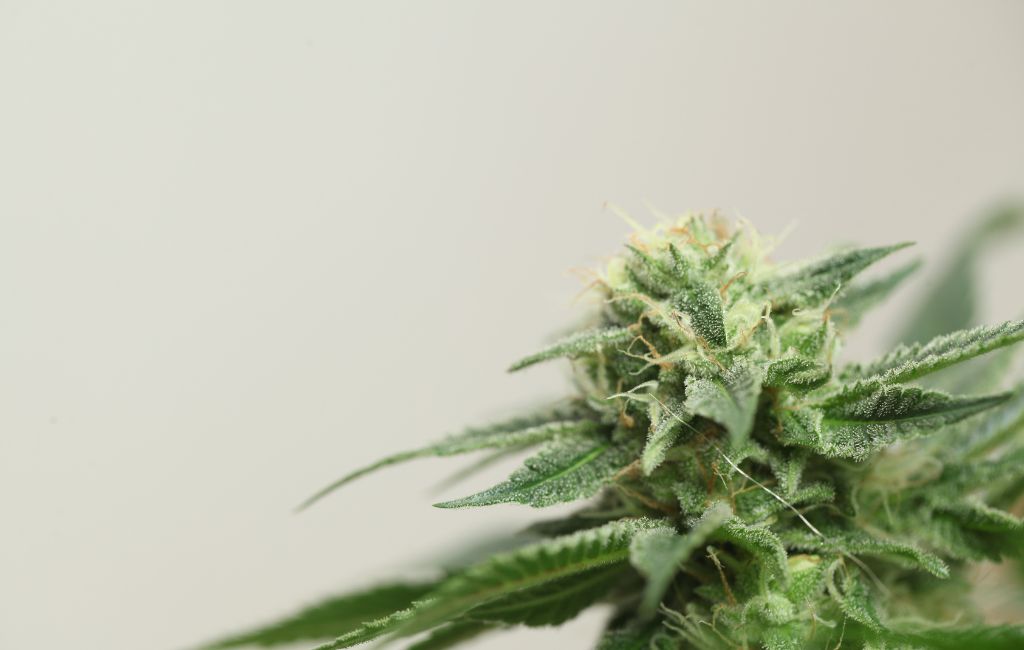THCa Flower: Unlock Natural Benefits
THCa flower, a non-psychoactive cannabinoid found in raw cannabis, has been gaining attention for its potential health benefits. Unlike THC, THCa does not produce a high, making it an appealing option for those seeking therapeutic effects without the psychoactive experience. This article explores the various benefits of THCa flower, supported by research and real-world examples.
Understanding THCa
THCa, or tetrahydrocannabinolic acid, is the acidic precursor to THC. When cannabis is heated through smoking, vaping, or cooking, THCa converts to THC, the compound responsible for the psychoactive effects. In its raw form, THCa remains non-psychoactive and offers a range of potential health benefits.
Potential Health Benefits
Research into THCa is still in its early stages, but preliminary studies and anecdotal evidence suggest several potential benefits:
- Anti-inflammatory Properties: THCa has shown promise in reducing inflammation, which can be beneficial for conditions like arthritis and inflammatory bowel disease.
- Neuroprotective Effects: Some studies indicate that THCa may help protect brain cells, potentially offering benefits for neurodegenerative diseases such as Alzheimer’s and Parkinson’s.
- Anti-emetic Effects: THCa may help reduce nausea and vomiting, making it a potential option for patients undergoing chemotherapy or those with chronic conditions that cause nausea.
- Appetite Stimulation: THCa has been reported to stimulate appetite, which can be helpful for individuals dealing with conditions that cause appetite loss.
Case Studies and Research
Several case studies and research projects have highlighted the potential benefits of THCa:
Case Study: Inflammatory Bowel Disease
A 2013 study published in the journal Phytomedicine examined the effects of THCa on inflammatory bowel disease (IBD). The study found that THCa reduced inflammation and improved symptoms in animal models of IBD. These findings suggest that THCa could be a promising treatment for IBD in humans.
Research on Neuroprotective Effects
A 2012 study published in the British Journal of Pharmacology explored the neuroprotective effects of THCa. The researchers found that THCa helped protect brain cells from damage and reduced the severity of symptoms in animal models of neurodegenerative diseases. This research indicates that THCa may have potential as a treatment for conditions like Alzheimer’s and Parkinson’s.
How to Use THCa Flower
There are several ways to incorporate THCa flower into your wellness routine:
- Raw Consumption: One of the simplest ways to use THCa flower is to consume it raw. This can be done by adding raw cannabis to smoothies, salads, or other foods.
- Juicing: Juicing raw cannabis is another popular method. This allows you to consume a concentrated dose of THCa along with other beneficial compounds found in the plant.
- Tinctures and Oils: THCa can also be extracted and used in tinctures or oils. These products can be taken sublingually (under the tongue) for quick absorption.
Legal Considerations
The legal status of THCa flower varies by location. In some areas, raw cannabis is legal for medical or recreational use, while in others, it remains prohibited. It’s important to research the laws in your area before using THCa flower.
Conclusion
THCa flower offers a range of potential health benefits without the psychoactive effects of THC. From reducing inflammation to protecting brain cells, THCa shows promise as a therapeutic option for various conditions. As research continues, we may discover even more ways that THCa can support health and wellness. Whether consumed raw, juiced, or in tincture form, THCa flower is a versatile and natural option worth exploring.
